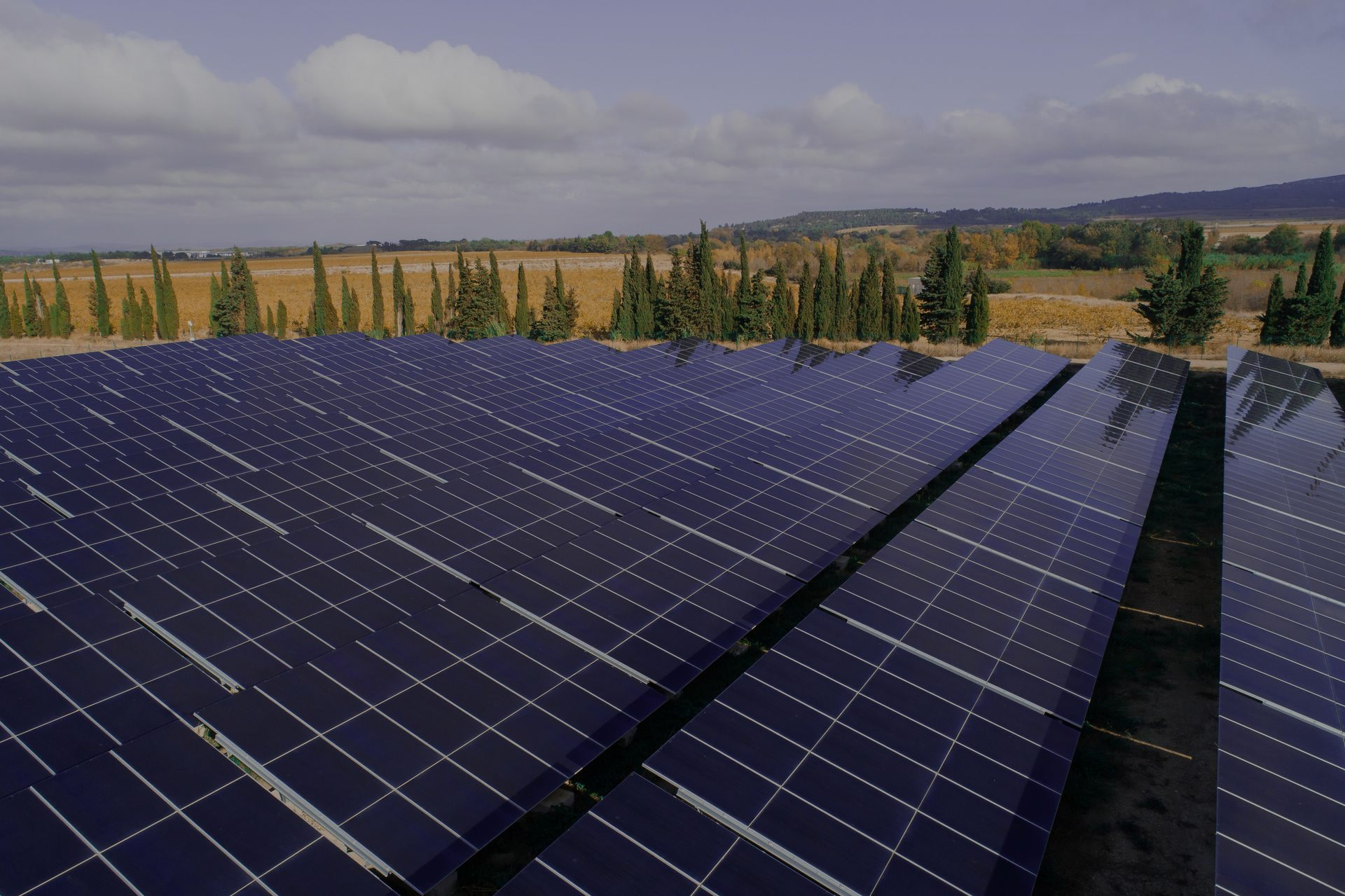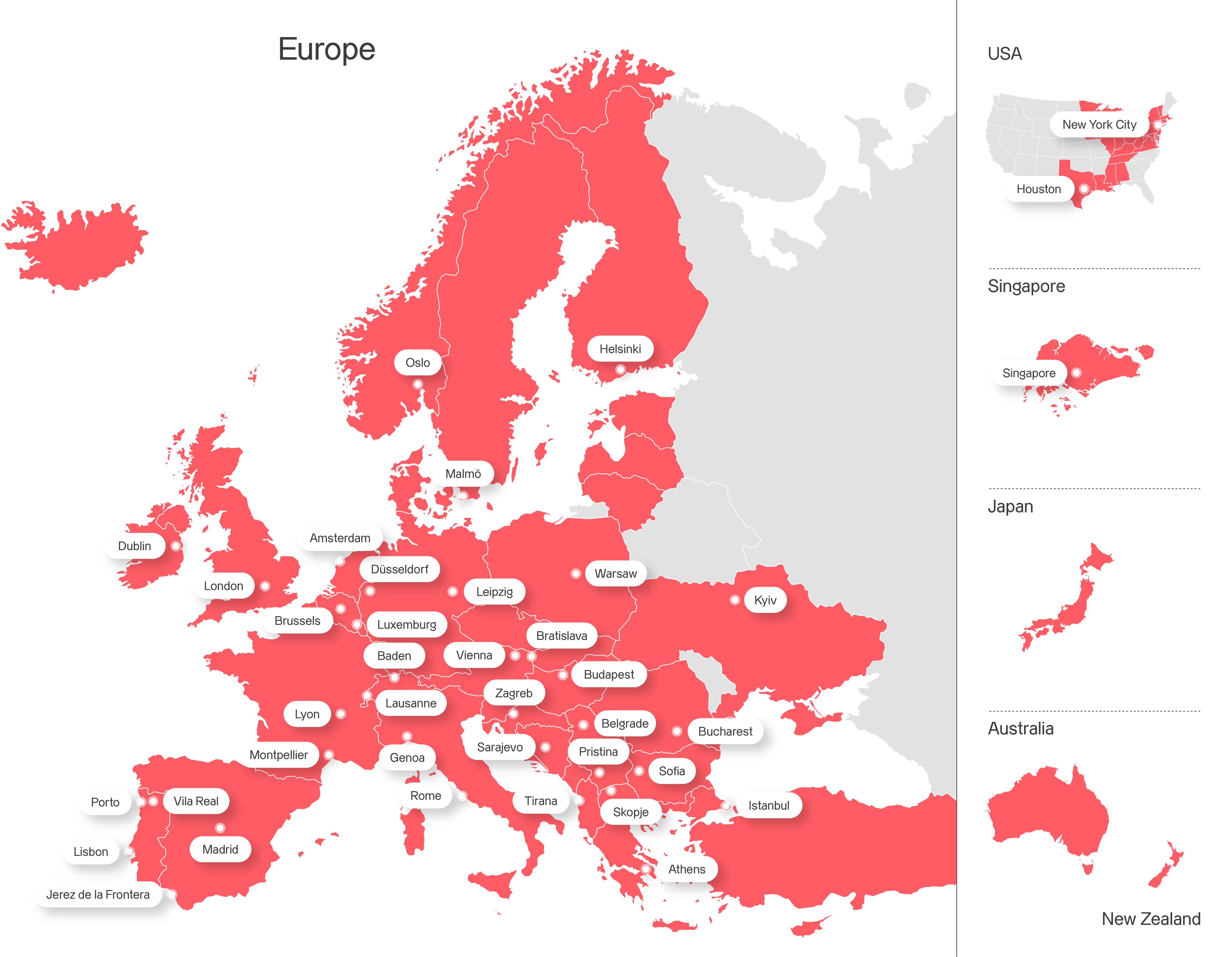

Axpo Netherlands Shaping a climate-friendly future
About Us
Our range of services includes the full procurement and supply of electricity and gas for large customers; the purchase and marketing through corporate PPAs of electricity from renewable power plants; and market access to independent energy suppliers. We design bespoke solutions for individual customers based on their specific requirements and are happy to provide advice based on our expert knowledge of the energy sector. Thanks to the Axpo Group network, we have access to all relevant market information and trading platforms across Europe. We look forward to hearing from you!
TWh annual power and gas supply
clients supplied
delivery points
Energy Solutions
Axpo is driven by a single purpose – to enable a sustainable future by providing innovative energy solutions. Axpo is Switzerland's largest power producer and an international leader in energy trading and the marketing of solar and wind power. Axpo combines the experience and expertise of more than 7,000 employees who are driven by a passion for innovation, collaboration and impactful change. Using cutting-edge technologies, Axpo innovates to meet the evolving needs of its customers in over 30 countries across Europe, North America and Asia.
Get in touch with us
We appreciate your interest in Axpo and are here to help. Please complete the contact form and our team will respond promptly to your inquiry.
Jobs & Careers
-
Diverse career opportunities
Axpo offers more than 150 different employment profiles, providing a wide range of career paths for professionals, students, graduates, and apprentices.
-
Commitment to sustainability
Axpo employees contribute to building a sustainable future through innovative and climate-friendly energy solutions.
-
Focus on innovation
Axpo prioritises the rapid testing and validation of innovative projects, fostering a culture of progress and collaboration in the global energy sector.
Laws & Regulations
Stay informed about the legal frameworks and policies that shape our business operations. Visit our Laws and Regulations page to learn more about the standards we adhere to and our commitment to compliance and transparency.




